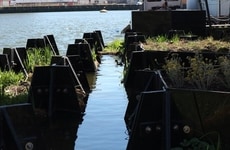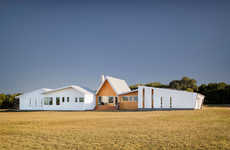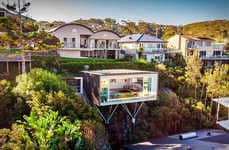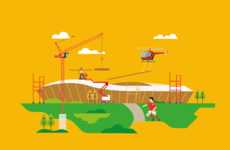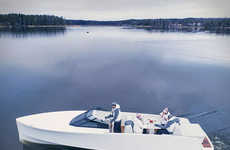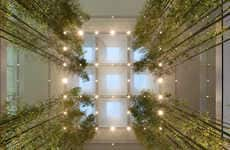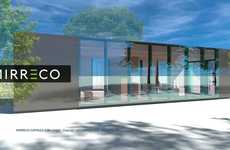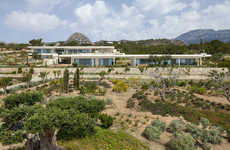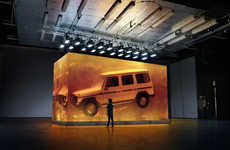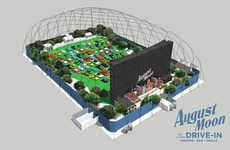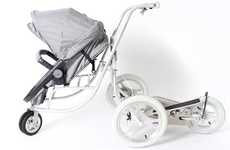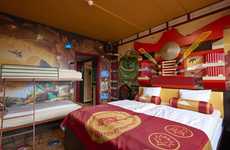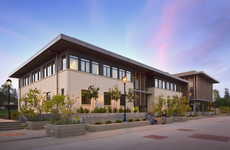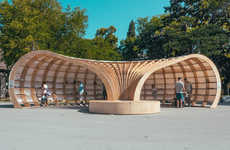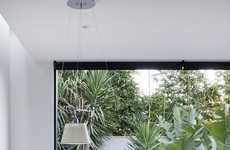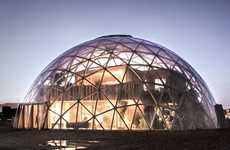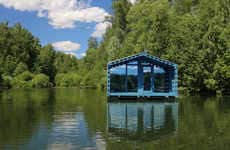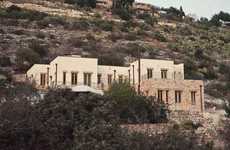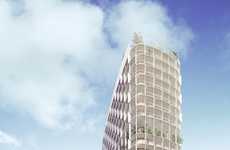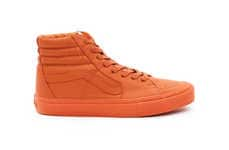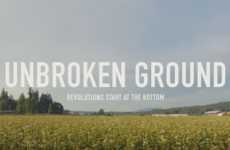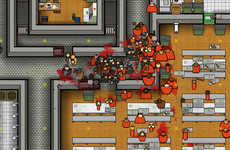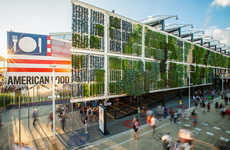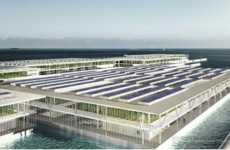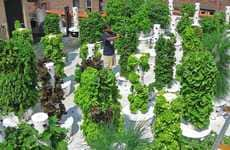
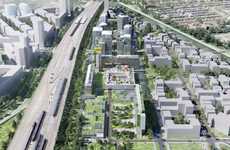

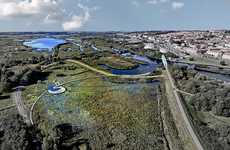
Green oases are being designed with recycled waste
Implications - Those involved in urban planning and architecture are conceptualizing green oases that enhance the inherently ecologically friendly nature of green spaces, by designing them with waste and recycled materials. The reformatting of how these environments are built sets a precedent for urban landscapes seeking to reduce their carbon footprint, and transform waste in the process.
Workshop Question - How can your brand better involve itself in environmental protection, in either through its processes or in the causes it supports?
Trend Themes
1. Sustainable Design - Increasing emphasis on reducing carbon footprint by using waste materials and recycling them to construct green spaces.
2. Urban Regeneration - Transformation of abandoned buildings and spaces into eco-friendly cultural centers, pedestrian-only environments, and recreational parks.
3. Eco-friendly Innovation - The development of new technologies and designs, utilizing recycled materials and reducing plastic waste, to create sustainable solutions for the environment.
Industry Implications
1. Architecture and Urban Planning - The shift towards sustainable design and urban regeneration presents an opportunity for architects and planners to create innovative green spaces that reduce waste and carbon footprint.
2. Agriculture and Food Production - Developments in food research complexes present opportunities for businesses to revolutionize food strategies and technologies as the world population continues to grow.
3. Environmental Conservation - Eco-friendly innovation offers opportunities for businesses and organizations that focus on environmental conservation and reducing plastic waste, such as the Recycled Park and the Recycled Island Foundation.
5 Featured, 43 Examples:
225,683 Total Clicks
Date Range:
Oct 16 — Jul 18
Trending:
Average
Consumer Insight Topics:
